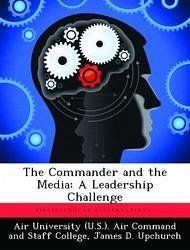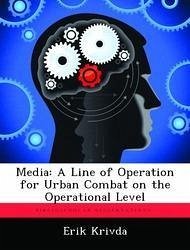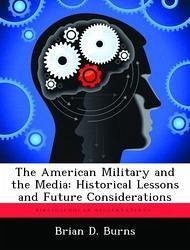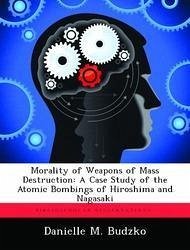Nicht lieferbar
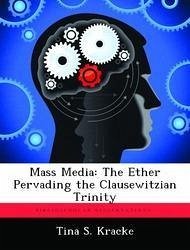
Mass Media: The Ether Pervading the Clausewitzian Trinity
Versandkostenfrei!
Nicht lieferbar
The media influence ongoing and future military operations by functioning as a sort of filter (or "ether ") within the Clausewitzian Trinity, which coalesces the military, the people (public), and the government (policy makers). The relationship between the military and the media can be characterized as symbiotic: the media thrive on the fodder of information the military provides during times of war, and the military must use the media as a conduit in order to reach the public, which subsequently influences policy makers in a democratic system through the democratic process. This monograph ex...
The media influence ongoing and future military operations by functioning as a sort of filter (or "ether ") within the Clausewitzian Trinity, which coalesces the military, the people (public), and the government (policy makers). The relationship between the military and the media can be characterized as symbiotic: the media thrive on the fodder of information the military provides during times of war, and the military must use the media as a conduit in order to reach the public, which subsequently influences policy makers in a democratic system through the democratic process. This monograph explores the media 's interaction with these three entities, representative of the Clausewitzian Trinity, beginning with developing an appreciation of the media, from an academic perspective. Critical literature provides two contrasting schools of thought concerning the media-government relationship, subsequent derivation of foreign (and military) policies, and who influences whom. This monograph explores Edward Herman and Noam Chomsky 's "Propaganda Model "" from their Manufacturing Consent and maps it against the theory of "CNN Effect "". These two academic models attempt to answer the question: does the government influence media output or does media output influence the government. Both arguments center on the core of the media 's notion of objectivity and its consequences for the resultant news coverage. Like most relationships, the military-media relationship has evolved with changes in society and technology. A historical examination from the World Wars through ongoing operations in Iraq of this relationship provides trends and offers insights for the future. Maintaining public opinion that favors the military remains a challenge, especially as wars become protracted. Balancing the public 's right to know and the reality of the horrors of war becomes a burden that the media and the military share. The military has walked a fine line between inclusion and exclusion of medi






